
You could see the gears beneath his neatly dreaded locks turning as he sat on the 106 & Park couch after the release of his fourth album, Tha Carter. An album esteemed for the fact that it marked the beginning of a transmutation of sorts. From a child taken off the streets, placed into a booth and told to spit jejune rhymes about the lifestyle that surrounded him – choppers, hoes and narcotics of all kind, to the man who was on the brink of becoming the president of one of the most influential southern rap labels. Now, in the fall of 2005, Lil’ Wayne is 23 years young, an age a majority of his peers growing up would not see; in college, an echelon of education many of his peers wouldn’t reach, and freshly inaugurated – a position many rappers will never be honored to have. Suffice to say, “Lil’” Wayne is anything but. After wiping the crust from the eyes of his doubters with Tha Carter, Weezy. F. is back with Tha Carter II, a cup of joe to wake the rest of the masses still sleeping on New Orleans crowned prince.
The first Cash Money release without the blessing of Mannie Fresh, Lil’ Wayne enlists the services of some unlikely and unknown talents. This in of itself yields a different sound, allowing Wayne to depart from the usual southern keyboard stylings of Cash Money. Here is able to run free, choosing different aesthetics and different song types to play with. While the album starts out with the grave Heatmakers backed “Tha Mobb,” with Wayne’s gravel voice ceaselessly flowing, harking at the naysayers that have constantly doubted him, the albums grace shines through when Wayne seems to be genuinely enjoying himself like on the albums first single, “Fireman.” Over the panicky, bouncing sirens, Weezy gleefully boasts that “everything is easy, baby, leave it up to Weezy baby.” Bragging and boasting, if you haven’t noticed, is what Weezy does best, and, coincidentally, that is what comprises most of this album.
Leaving behind the electric keys of the south for bass heavy reggae sounds on “Mo Fire,” Weezy accents his rhymes on this stop and go ditty with the flavors of the West Indies. Wayne rides the woozy concoction with composure devoid of immediacy. Taking his time while bragging: “My jewelry Earth blue, some say it’s Earth green, I’m like whatever, my shit mean, and obscene.”
On Tha Cater, Wayne made a then unrealized foresight as to where he saw himself within the rap pantheon, declaring himself “the best rapper alive, since the best rapper retired.” A year later, Weezy stands by that claim. On the aptly titled “Best Rapper Alive,” over choir hymns that give way to electric guitar wails, he wants you to believe what he believes – that he is the greatest rapper walking God’s green earth, save for his idol, Jay-Z. While the chorus is ostentatious in repetition, his verses are anything but, he exudes a sort of assured confidence in his ability, jesting at the end of the last verse, “It’s no problem, baby, I so got it, it’s just the victory lap, baby, I’m just joggin’, and I ain’t even outta breath, the motherfuckin’ best yet?sorry for cussin’.”
“Feel Me” is another plea for you understand him disguised in crowing. Aggressively flowing trying to prove to the world he’s the best (“I’m the God, I should ride with the Pope).
This album, if nothing else, is an exercise in his new digs, that of the proverbial grown man. Wayne has finally come into his own. Demonstrated by his flawless flow and sharp take on the same ol’ braggadocios rap and crime-rhyme. However, two tracks on his album most clearly attest to his maturation, “Shooter,” and “Receipt.” The latter, the second Heatmakers production on the album, again has Weezy far from his musical home, delivering some northern soul jacking to the southern prince. Assumingly about his new love, Trina, the track details their flourishing love, from platonic friendship to an enchanting couple, a far cry from the misogynistic lyrics of past albums and even some tracks on this very album.
The former is quite possiblly one of the best songs of the year, if not the best. A complete departure from anything Wayne, or his contemporaries, has ever done. Built around a jacked Robin Thicke album cut, “Shooter” hopscotch’s between genres. Opening with Robin explaining a robbery in slick shorthand and Weezy ad-libbing along before breaking away from the stick-up template to vent his disgust with the music industry. He’s had it with the shortcoming stereotypes that are usually attached to southern rap (i.e. simplistic rhymes, lack of song depth): “So many doubt ?cause I come from the south, but when I open up my mouth only bullets come out.” And mainstream radios refusal to give artists below the Mason Dixon the credit they deserve: “And to the radio stations, I’m tired of being patient, stop being rapper-racist, region haters, spectators, dictators.”
Wayne does falter, however, on tracks like the saccharine “Grown Man.” Pegged as his second single, Weezy, with an inconsequential verse from Young Money member Currency, and an overly cheesy chorus, creates a blatant attempt at a crossover hit. Though it will probably do the job, the track is by far one of the weaker offerings on this otherwise strong album. Also, Wayne could have condensed the drawn out 22 tracks by forgoing some trivial tracks such as the Kurupt assisted “Lock and Load” or the ho-hum “Hit Em Up.”
Best rapper alive? Debatable. One of the best? Absolutely. At age 23, the age most rappers are just getting into the game, Wayne is poised to become a super power in the industry. Tha Carter II is a culmination of all the years Wayne has spent cultivating his talent. Now in his prime, Weezy F. Baby is just getting started, and by the time he’s done, no one will forget the “Baby.”
Comments
No Comments
Leave a reply
- Raekwon Sets A Release Date For “F.I.L.A.” Album
- BUSH: A Snoop Odyssey Produced By Pharrell Williams [Preview]
- Drake – “If You’re Reading This It’s Too Late” Surprise Album on iTunes Now
- Action Bronson “Mr. Wonderful” Cover Art and Tracklist
- Juicy J “Blue Dream & Lean 2″ Mixtape Cover Art & Release Date Revealed
- MF Grimm “MF Love Songs” Cover Art + Tracklist
- Lord Hakim – “Brass Knucklez” (feat. Vast Aire & Phizz Ed)
- IAMSU! – “Hella Good” (feat. Tyga)
- DJ Kay Slay – “I Declare War” (feat. Styles P, Sheek Louch, Vado, Raekwon, & Rell)
- Maverick Sabre – “We Don’t Wanna Be” (feat. Joey Bada$$)
- Cannibal Ox – “Blade: Art of Ox” (feat. Artifacts & U-God; prod. Black Milk)
- Asher Roth – “Blow Your Head” (prod. Nottz)
- It's Time To Say Goodbye...
Commented on by Yungplex - It's Time To Say Goodbye...
Commented on by geedubbleyoo - Fat Trel - "In My Bag" (feat. Wale)
Commented on by Katae - Kanye West's "Runaway": What Does It All Mean?
Commented on by fidgar - Sole Vs. El-P: Part One - Sole
Commented on by Reno Yakavetta - It's Time To Say Goodbye...
Commented on by Atom
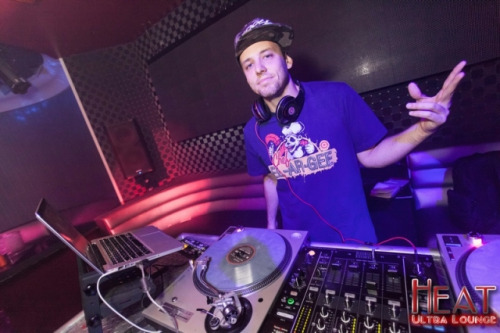

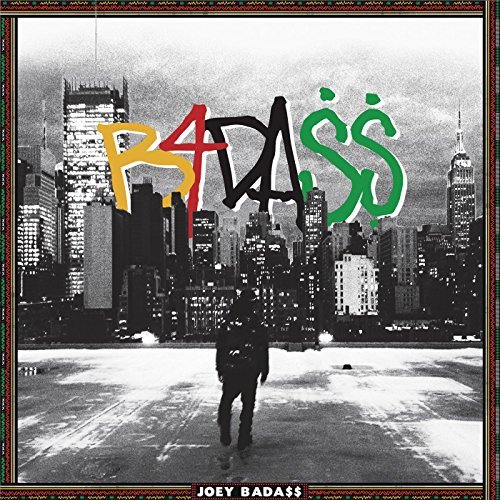
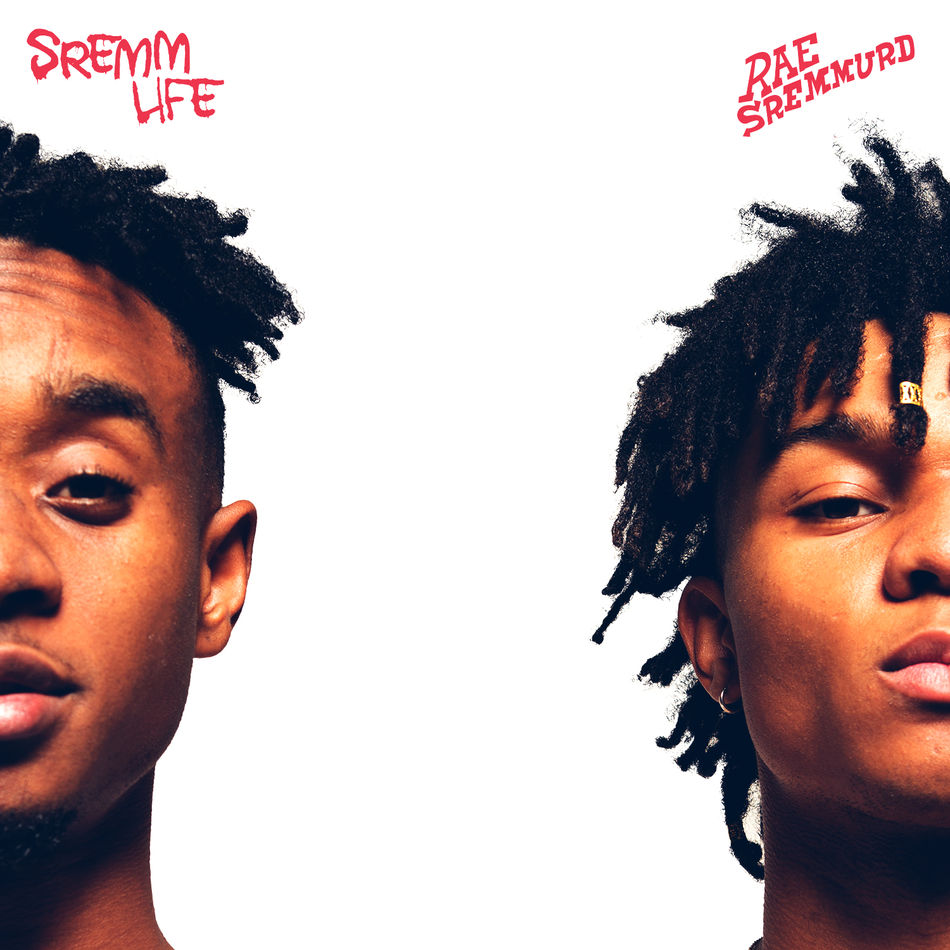
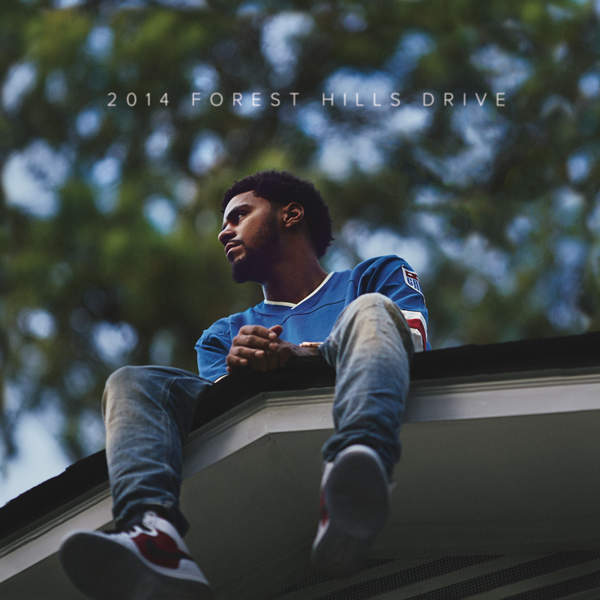





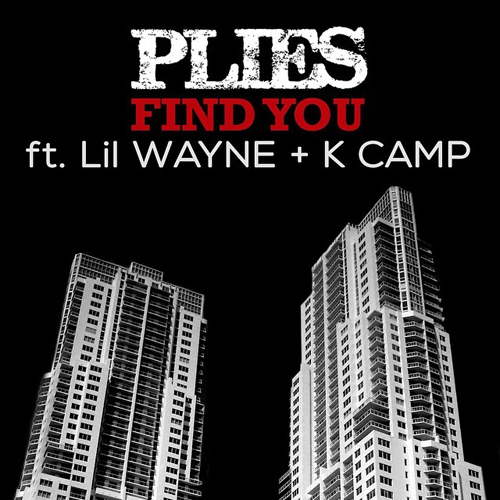

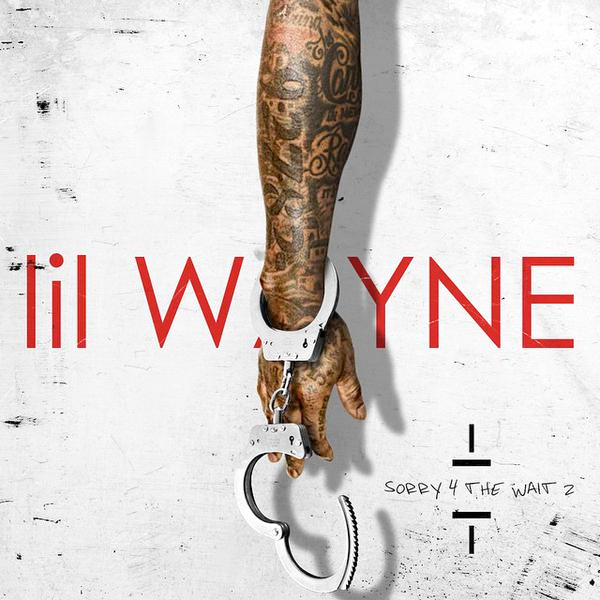

 Mixtape D.L.
Mixtape D.L.
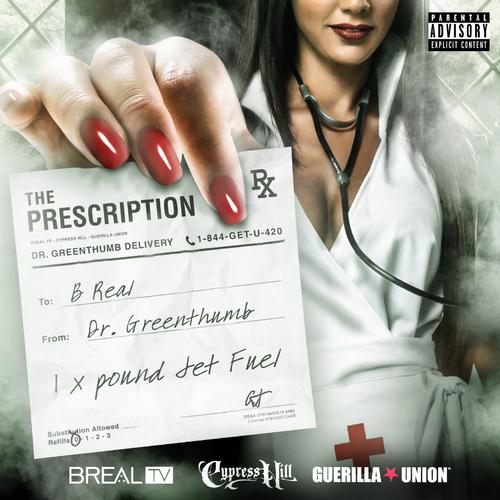

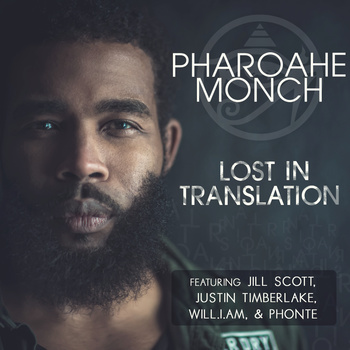

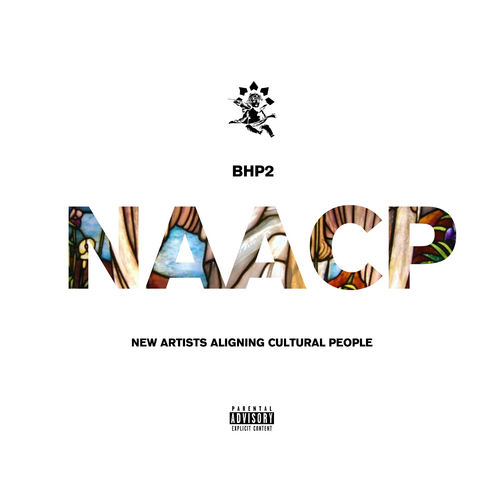
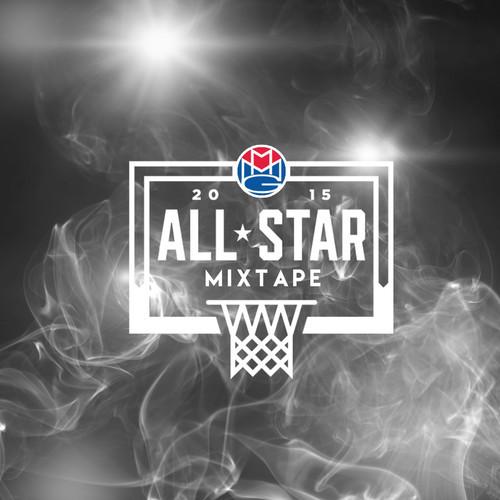
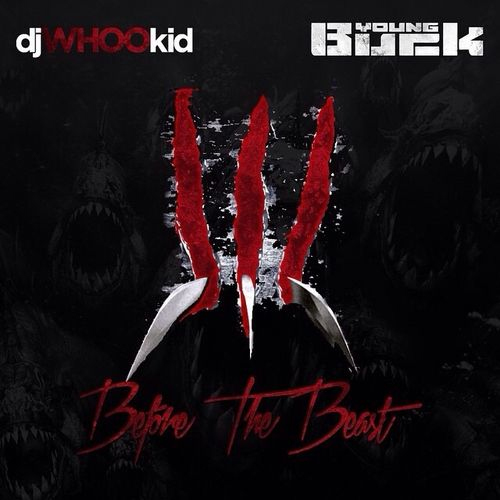
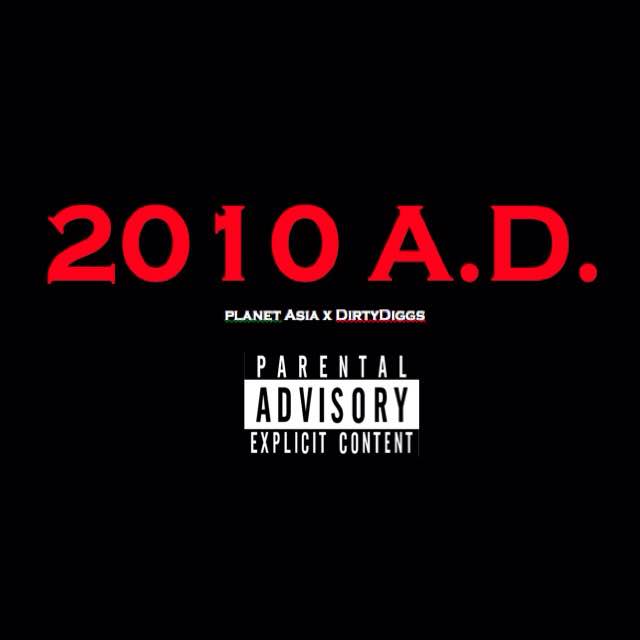
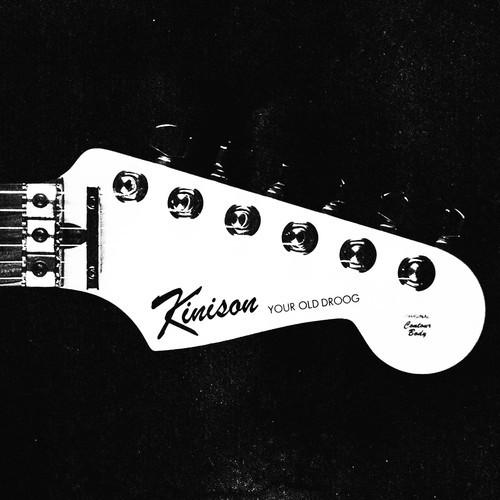
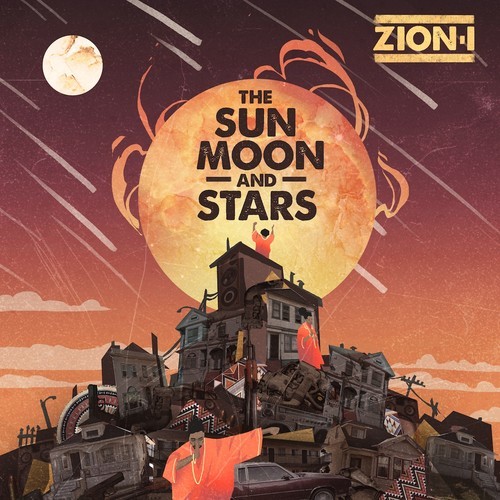

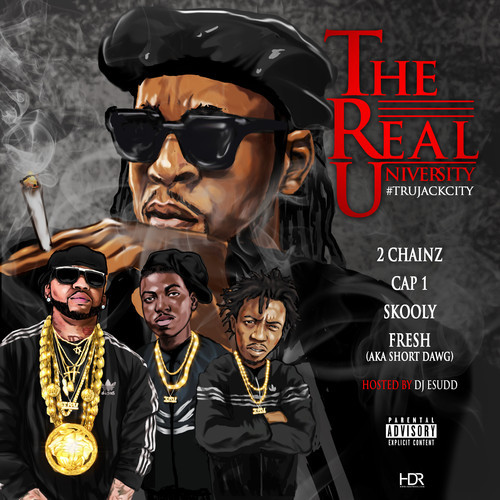
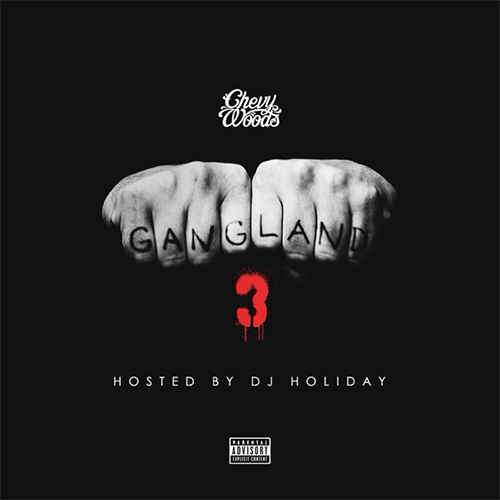
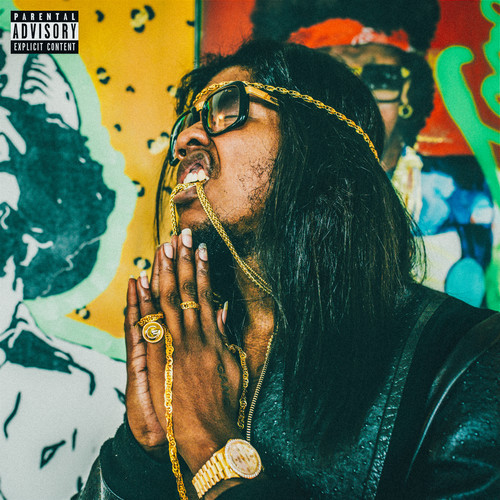





14 December, 2005@12:00 am
0 comments